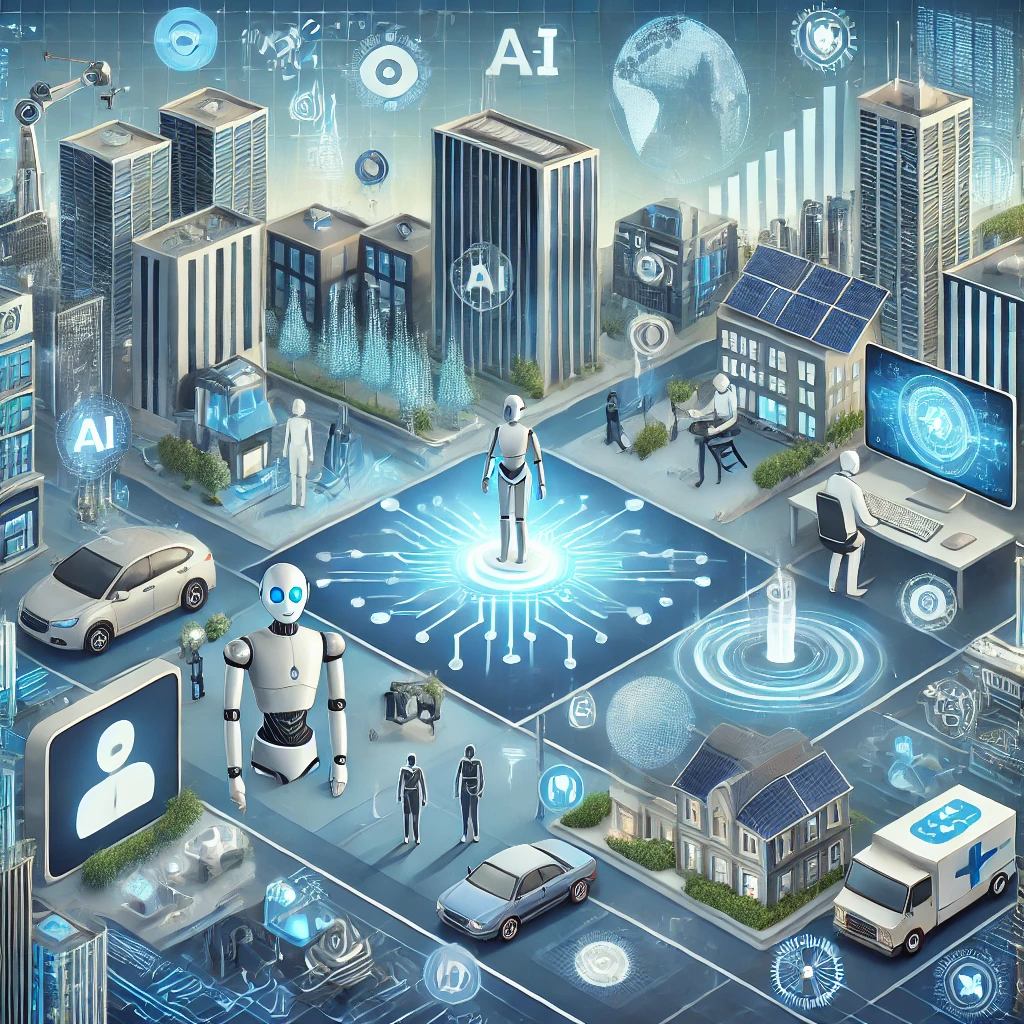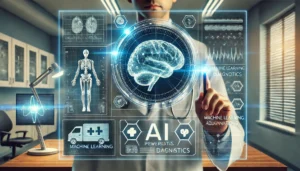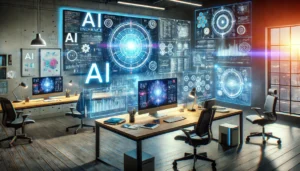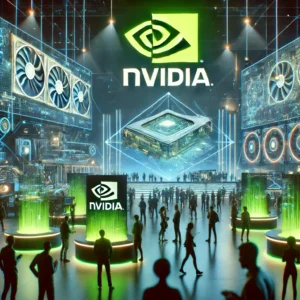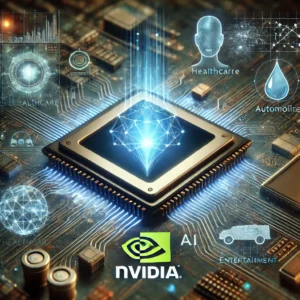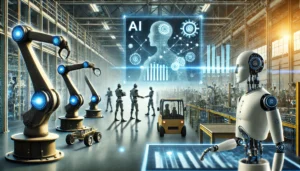Exploring the Impact of Artificial Intelligence on Everyday Life: Current Trends and Future Predictions
Introduction
Artificial intelligence (AI) has transitioned from being a niche scientific concept to a transformative force reshaping our daily lives. Whether it’s the convenience of virtual assistants or advancements in medicine, AI’s presence is everywhere. This article explores the profound impact of artificial intelligence on everyday life, focusing on current trends and what the future holds.
Understanding Artificial Intelligence
What is Artificial Intelligence?
Artificial intelligence refers to the simulation of human intelligence by machines. AI systems are designed to perform tasks that typically require human intelligence, such as learning, reasoning, problem-solving, and language understanding. Key subsets of AI include machine learning (ML) and deep learning, which allow systems to improve their performance over time through experience.
History and Evolution of AI
AI’s journey began in the mid-20th century with basic algorithms designed for chess games and data sorting. Over the decades, breakthroughs like neural networks and deep learning revolutionized AI’s capabilities. Today, AI is at the forefront of innovation, enabling machines to process vast amounts of data and make decisions with minimal human intervention.
Current Trends in Artificial Intelligence
AI in Everyday Gadgets
Smart devices have become integral to modern living. From Alexa controlling your lights to Siri answering your queries, AI-driven assistants simplify tasks and enhance productivity. Home automation systems further integrate AI, enabling climate control, security monitoring, and appliance management.
AI in Healthcare
AI’s role in healthcare is groundbreaking. Machine learning models predict diseases, analyze medical images, and recommend treatment plans with remarkable accuracy. Personalized medicine tailors therapies based on genetic profiles, while AI-powered chatbots assist in patient management and triage.
AI in Transportation
The emergence of self-driving cars marks a significant leap in transportation. AI processes real-time data to navigate complex road systems, ensuring safer and more efficient travel. Predictive traffic systems optimize routes, reducing congestion and fuel consumption.
AI in Education
Education is being redefined by AI. Intelligent tutoring systems provide personalized learning paths, helping students grasp concepts at their own pace. AI also assists teachers in automating administrative tasks, allowing them to focus on student engagement.
AI in Finance
The financial sector is leveraging AI to detect fraud, analyze market trends, and execute trades with precision. Robo-advisors use AI to provide investment recommendations tailored to individual risk profiles, democratizing financial planning.
The Social Impact of Artificial Intelligence
How AI is Reshaping Workplaces
AI is transforming workplaces by automating repetitive tasks, boosting efficiency, and reducing human error. However, it also raises concerns about job displacement. As traditional roles evolve, new opportunities in AI development, data analysis, and ethical oversight emerge.
Ethical Concerns Around AI
The widespread adoption of AI isn’t without challenges. Algorithmic bias can lead to unfair outcomes, while AI-driven surveillance raises privacy concerns. Addressing these issues requires robust regulations and a commitment to ethical AI practices.
Future Predictions for AI
AI Advancements on the Horizon
The future of AI promises breakthroughs in general intelligence, where machines could perform any intellectual task a human can. AI’s role in space exploration, climate modeling, and global problem-solving is expected to expand, offering unprecedented possibilities.
Preparing for a Future with AI
To harness AI’s potential responsibly, societies must prioritize AI literacy and establish clear guidelines for its development and deployment. Investments in education, research, and infrastructure are crucial for navigating the AI-driven future.
Conclusion
Artificial intelligence is more than just a technological advancement; it’s a catalyst for change across industries and daily life. By understanding its capabilities and addressing its challenges, we can ensure that AI benefits humanity as a whole.
FAQs
1. What are the main applications of artificial intelligence today?
AI is widely used in healthcare, education, finance, transportation, and entertainment, enhancing efficiency and decision-making.
2. How is AI influencing the job market?
AI is automating repetitive tasks while creating new roles in AI development, data science, and ethical oversight.
3. What ethical issues are associated with AI?
Key concerns include algorithmic bias, data privacy violations, and the misuse of AI in surveillance.
4. Can AI replace human creativity?
While AI can assist in creative tasks, human creativity remains unique due to its emotional and contextual depth.
5. How can individuals prepare for a future shaped by AI?
Staying informed, learning new skills, and embracing AI literacy are essential for thriving in an AI-driven world.
Please don’t forget to leave a review.
on Techcyclohub
Recommended Books on AI
- “Artificial Intelligence: A Guide to Intelligent Systems” by Michael Negnevitsky
- A comprehensive introduction to AI concepts and practical applications.
- “Superintelligence: Paths, Dangers, Strategies” by Nick Bostrom
- Explores the implications of advanced AI for humanity’s future.
